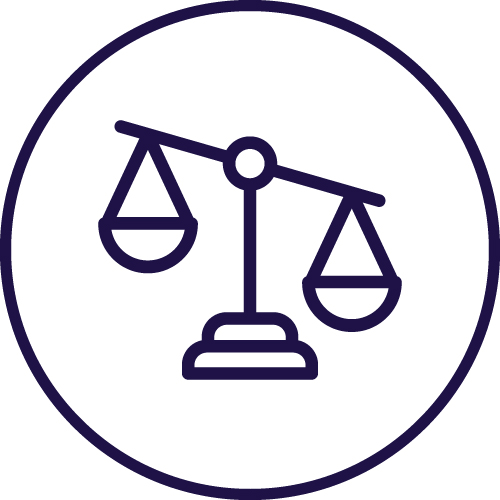At the heart of the programme is our strong partnership with the Coalition of Women MPs from Arab Countries to Combat Violence against Women, which was established in January 2014 with the support of WFD. The Coalition unites women MPs from thirteen countries: Libya, Jordan, Sudan, Lebanon, Egypt, Bahrain, Tunisia, Morocco, Palestine, Iraq, Djibouti, Kuwait and the Kingdom of Saudi Arabia (KSA). Calling for change at the national and regional level, the Coalition is a network that helps MPs share experience on what works and unite for greater impact.
Working with the Coalition, the programme has been designed to support women parliamentarians in the region to become more effective advocates for the rights of women and girls through increased public debate, development of legislation offering better protection, improved parliamentary oversight, and stronger political leadership of women on a regional and national level.
Programmes
From 2012, WFD has been partnering with women MPs from across the Middle East and North Africa (MENA) region. The last cycle of this programme ran from between April 2019 and March 2022; the current cycle started in April 2022 and runs to March 2025.
MENA Women Inclusive and Accountable Politics (IAP) – April 2019 to March 2022
The programme supported MENA parliaments, women leaders, regional institutions, as well as civil society organisations (CSOs) to become more effective advocates for the rights of women and girls. This was through increased public debate, development of legislation offering better protection, improved parliamentary oversight, and stronger political representation and leadership on a regional and national level. Key initiatives included,
- Training a cadre of women election observers in the region in collaboration with the Arab Women’s Organisation
- Peer-to-peer exchanges on recommendations for women’s electoral success in the Arab region
- Developing research on the Economic Cost of Violence Against Women
MENA Women Grant-in-Aid (GIA) – April 2022 to March 2025
Together with our key programme partner, the Coalition of Women MPs from Arab Countries, this programme is continuing to support female MPs and other regional actors to promote women's political leadership, protect women through legislation and tackle gender discrimination.
Key Results

Developed a model national law on Domestic Violence to act as an example piece of legislation in the region.
Established the Arab Day to Combat Violence against Women to raise awareness about the treatment of women in the region. It now takes place every year on 12 January.
Assembled and capacitated a group of female election observers from Arab countries to be deployed to monitor elections in the region, in partnership with the Arab Women’s Organisation
Supported the process of introducing a regional declaration on combatting violence against women and girls (VAWG)
Contact us

Priya Bahia, Programme Manager
United Kingdom
